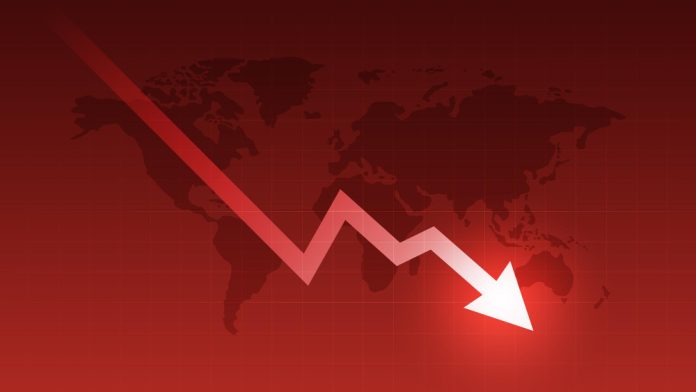Germany, Europe’s largest economy, faced a contraction of 0.3% in 2023, grappling with a range of crises that impacted its economic performance. The challenges included more expensive energy, elevated interest rates, a shortage of skilled labor, and a domestic budget crisis.
Since the final months of 2022, Germany has been ensnared in economic stagnation, a stark contrast to its earlier role as a model for expansion during global economic struggles. The International Monetary Fund predicted Germany to be the worst-performing major developed economy in the past year.
The Federal Statistical Office reported a likely 0.3% contraction in Germany’s economy for the fourth quarter of 2023, following stagnation in the third quarter. Official figures for the last three months of 2023 are slated for release on January 30.
The ongoing debate surrounding Germany’s economic slowdown involves several factors. Energy-intensive industries faced increased natural gas prices after losing access to Russia’s affordable supply following its invasion of Ukraine. Additionally, a surge in inflation deterred consumer spending, while companies grappled with difficulties in filling highly skilled positions. Germany’s large factory sector felt the impact of a global slowdown in manufacturing.
The European Central Bank’s implementation of higher interest rates, aimed at curbing inflation, had adverse effects on the construction sector, limiting the development of new apartments and offices.
Germany’s government confronted a budget crisis following a ruling by the country’s constitutional court, preventing the repurposing of tens of billions of euros initially allocated to cushion the fallout from the COVID-19 pandemic. These funds could not be redirected towards measures addressing climate change and modernizing the country. As a result, the budgets for 2023 and 2024 had to undergo extensive reworking.
Some observers attribute Germany’s economic challenges to a longstanding lack of investment in critical infrastructure, such as rail networks and high-speed internet. This deficiency in infrastructure development occurred as the government prioritized budget balancing under a 2009 constitutional amendment limiting deficit spending.
Featured Image: Freepik

















